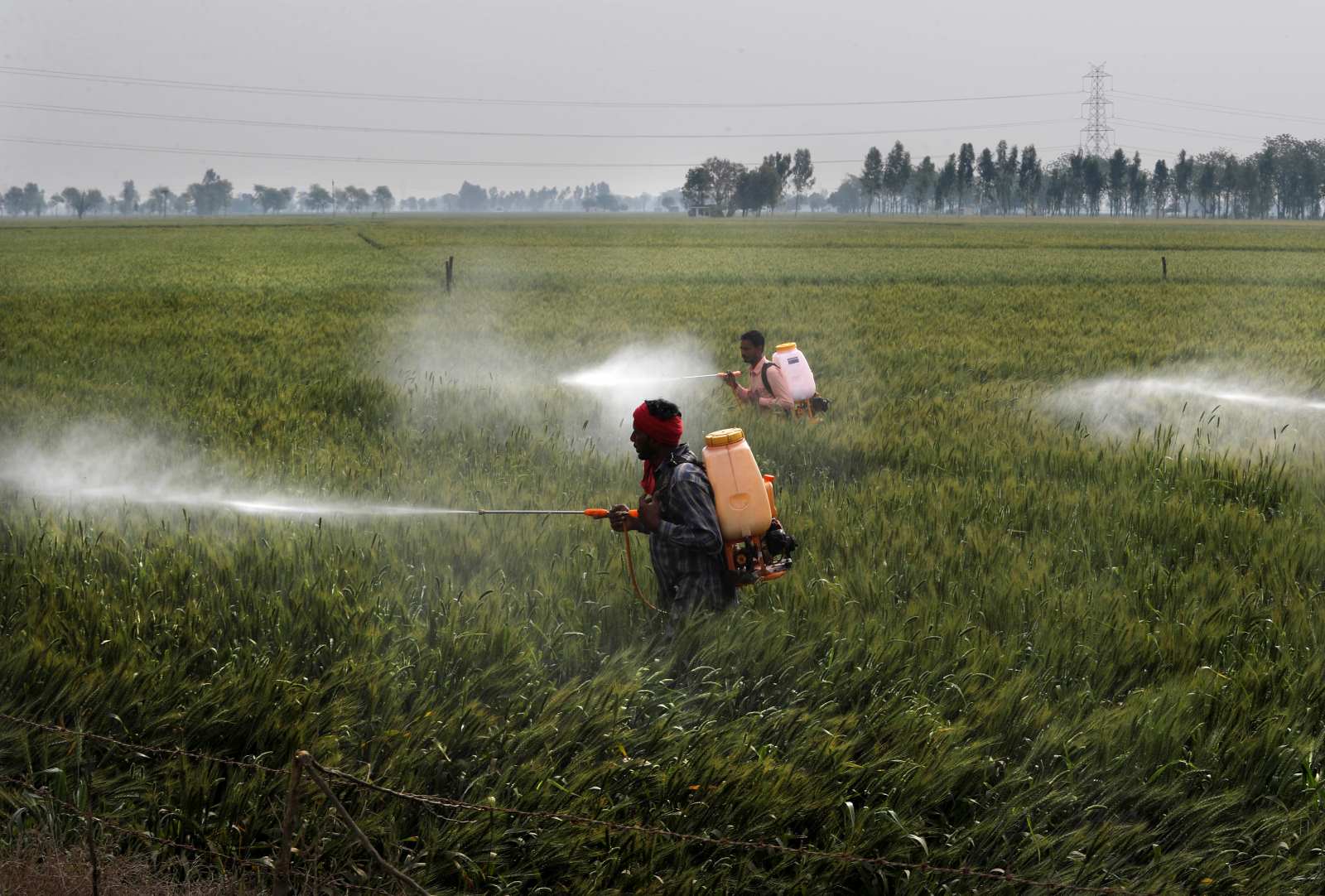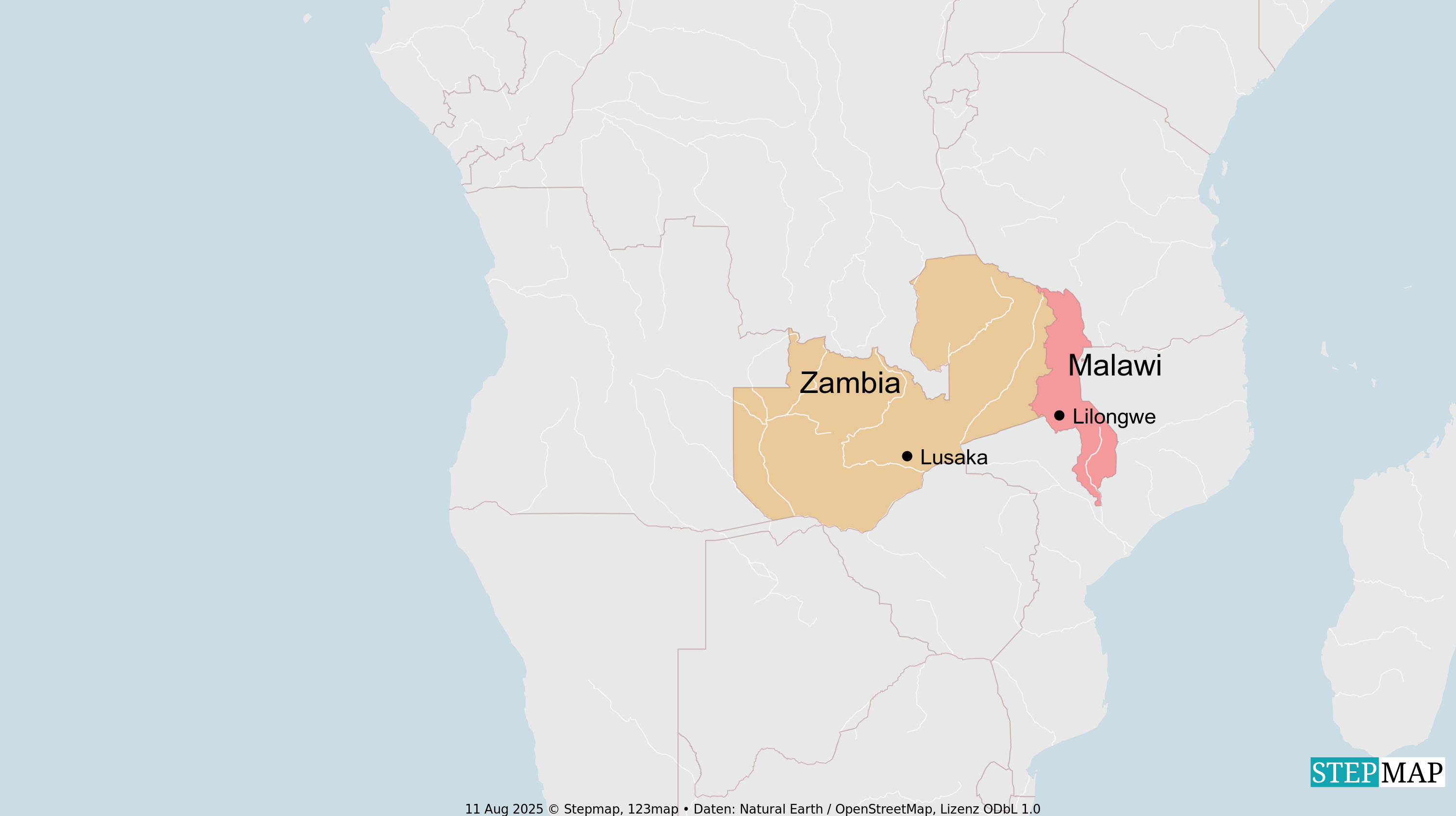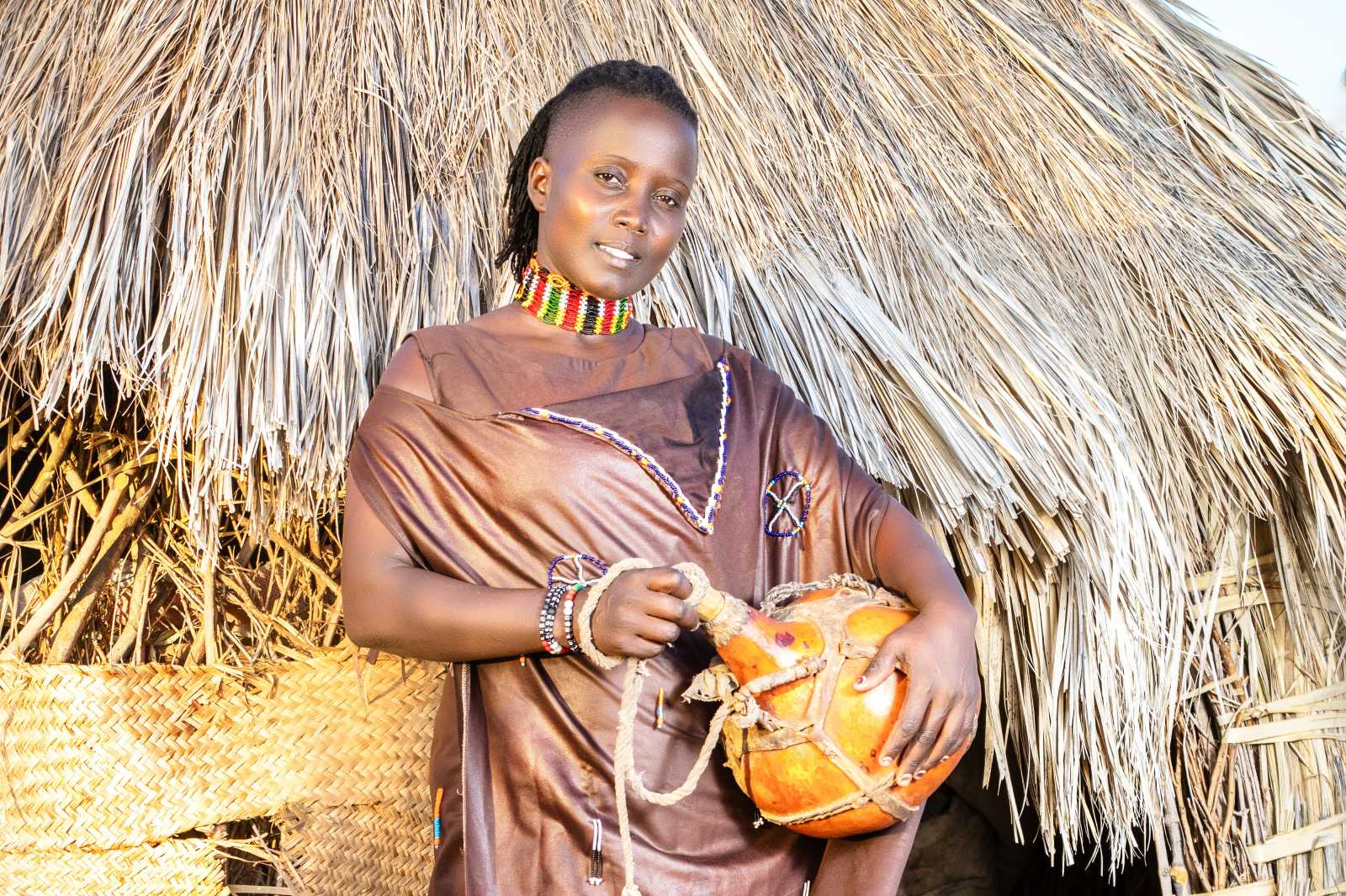Healthy diets
Eco-friendly agriculture must reduce farmers’ costs

What are the main points we must focus on if we want to make sure everyone on Earth gets sufficient food of sufficiently good quality?
Well, from the perspective of emerging markets and developing countries, three issues are crucial:
- We need an agricultural system that is good for farmers, offering good livelihoods long-term.
- The system must also be good for soils and the natural environment at the local level.
- Finally, it must be good in terms of nutrition, ensuring that all people can enjoy healthy diets.
Please elaborate on these three points.
First of all, the system we currently have is failing farmers. In India, they are facing a triple attack. The prices they get are very low, so masses are stuck in poverty. Food-price inflation is a hot topic in India, so the government wants to depress prices. Its response is therefore to import cheap food. As a result, farm-gate prices don’t rise, leaving the farmers worse off. At the same time, farmers are exposed to increasing – and increasingly worse – extreme weather events. Some are hit hard by crop losses. But when poor harvests increase food prices, yet more cheap food is imported. This distortion is possible due to the global trade system, which allows India to import agricultural commodities that are subsidised by other governments. This system rewards industrial-scale farming with massive inputs, and the result is that smallholders are squeezed and cannot prosper. At the same time, industrial-scale farming is harming the climate and thus compounding the extreme-weather risks.
So, what needs to happen?
We need to turn the global agriculture system upside down. It must become less input intensive, more rewarding and less risky for farmers. The supposedly modern farming system that you have in Europe, North America and other places is plainly unsustainable. It is harming the climate and depleting biodiversity. India is not so far at that point. EU subsidies are atrocious. You have made farmers depend on state aid, but only the largest farms really thrive. Even in Europe, smaller ones are being crowded out. Only the big farms get enough subsidies to thrive. When the EU decided to modify the system to make it less environmentally damaging, all farmers rose up in protest because they were set to lose money. The reforms were half-hearted to begin with, and now your policymakers have further slowed them down.
In what sense were reforms half-hearted?
Well, consider the organic sector as an example. EU policies have created a high-cost niche market for prosperous consumers. Low-income households cannot afford those goods. For farmers too, however, organic production basically means higher costs. To some extent, additional subsidies cover them, but organic farming still requires more labour and is more expensive. Pesticides are comparatively cheap if you consider how much work weeding requires. All in all, the subsidy system is still geared to maximising high-input production on large land holdings. That benefits the agrichemical industry as well as the food-processing multinationals, which like homogenous commodities.
So, we need regenerative agriculture instead.
Yes, we do, but the trouble is that multinationals keep hijacking terms like this. They modify their destructive patterns slightly and then claim they are now regenerative. The global food system is incredibly destructive. It is not only exacerbating the global environmental crisis, but also compounding poverty in the rural areas of emerging markets and developing countries because farms there become uncompetitive in view of heavily subsidised products from more prosperous nations.
Who can make change happen?
Change is happening where farmers see the benefits of taking a different approach and then opt for more sustainable practices.
My impression is that this is happening mainly on subsistence farms, which are highly diversified, but hardly allow families to produce enough goods to sell, so they stay trapped in poverty.
No, I don’t agree. I am thinking of things like the Andhra Pradesh Community Managed Natural Farming programme. Andhra Pradesh is a state in South India, and the programme is based on science. It is designed to invest in soil capacities in order to make farms more productive. The results are excellent. Farm productivity has stayed the same, but farmers’ returns have improved. We need this kind of project to take off in many places. Eco-friendly approaches must reduce farmers’ costs and allow their financial situation to improve.
What would that mean in terms of consumer choices?
It may surprise you, but as an Indian environmentalist I am not advocating vegetarianism or veganism. Both are quite popular in our country which has a long tradition of vegetarianism. However, we need to consider farmers’ livelihoods. In this regard, cows are very important in India. The farmers need the milk, the dung and the meat. India is the world’s largest milk producer, but we do not have huge ranches. Typically, a farming family will have one or two cattle and 10 at most. Without these animals, they would be even poorer, so it wouldn’t help them if everyone became vegetarian in India.
But the international scenario is totally different.
Yes, indeed. At the global level, meat production has become very destructive. It is a driver of deforestation. Huge holdings use antibiotics not to cure, but to prevent diseases – and the result is an increase of drug-resistances, and that can make the treatment of human diseases unviable too. Ranches are using growth hormones and consuming enormous amounts of fodder, especially maize and soya. Indeed, humankind is now using more land to grow animal feed than to grow food for human beings. No doubt, high-income countries are consuming too much meat, thus setting the wrong example internationally. But let me emphasise, the question is not do we eat meat at all, but how is the meat that we eat produced. Human diets must include protein, and meat is protein rich. If you want to become vegetarian for personal reasons, that is your choice, and your government shouldn’t force it on you. What governments must do, however, is regulate agriculture businesses in ways that prevent environmental harm.
The topic of what people should and should not eat is very controversial.
Yes, I know. Your Green party in Germany once fared poorly in elections because it had spoken out in favour of one vegetarian day per week in company canteens. As far as I know, right-wing populists are now agitating for the right to eat meat as though that right was under threat. They deny that consuming too much meat is unhealthy, not only for an individual human being, but for the planet as a whole. We only have one planet, and we must look at diets from the eco-perspective.
What is your take on sugar?
I would say it is the new tobacco. Medical science shows that eating too much of it has serious health impacts, but the major food-processing industries do not want people to be aware of it. In fact, salt and fat should be seen in the same light. Consumers should be informed precisely of just how much sugar, salt and fat they can eat and at what point they start putting their health at risk. They should be told that, if they drink this large Coca-Cola bottle, that will be their sugar quota for three days, and if they have this helping of Maggi noodles along with it, that will be their salt quota for one day. Unfortunately, the lobbying power of food multinationals is great, and they oppose appropriate labelling. Therefore, people don’t get this kind of information in many countries. That is a tragedy because people do make changes once they really understand the issues.
Sunita Narain is the director general of the Centre for Science and Environment, an independent think tank based in Delhi. She is also the editor-in-chief of the environmentalist magazine Down to Earth.
X: @sunitanar















